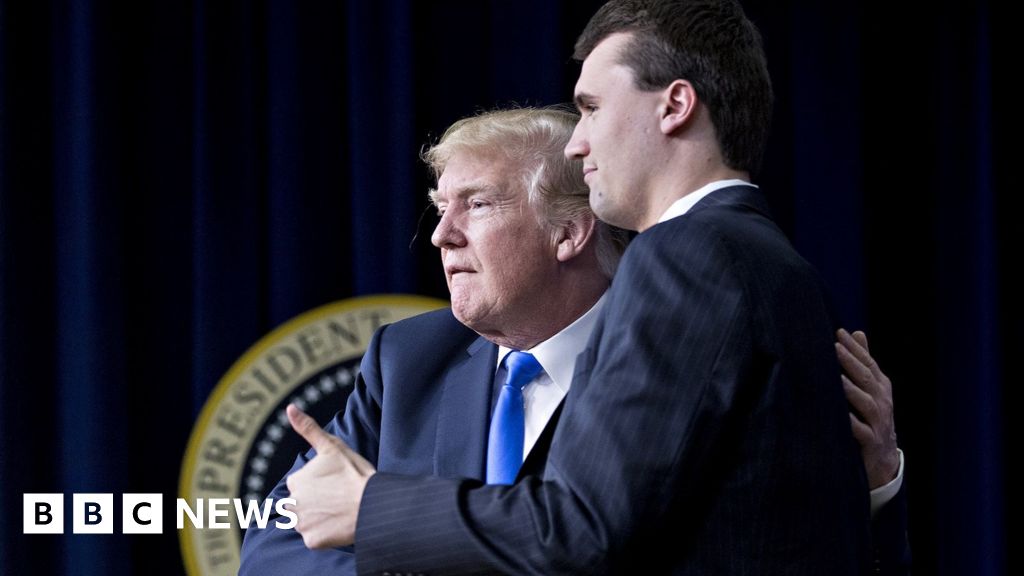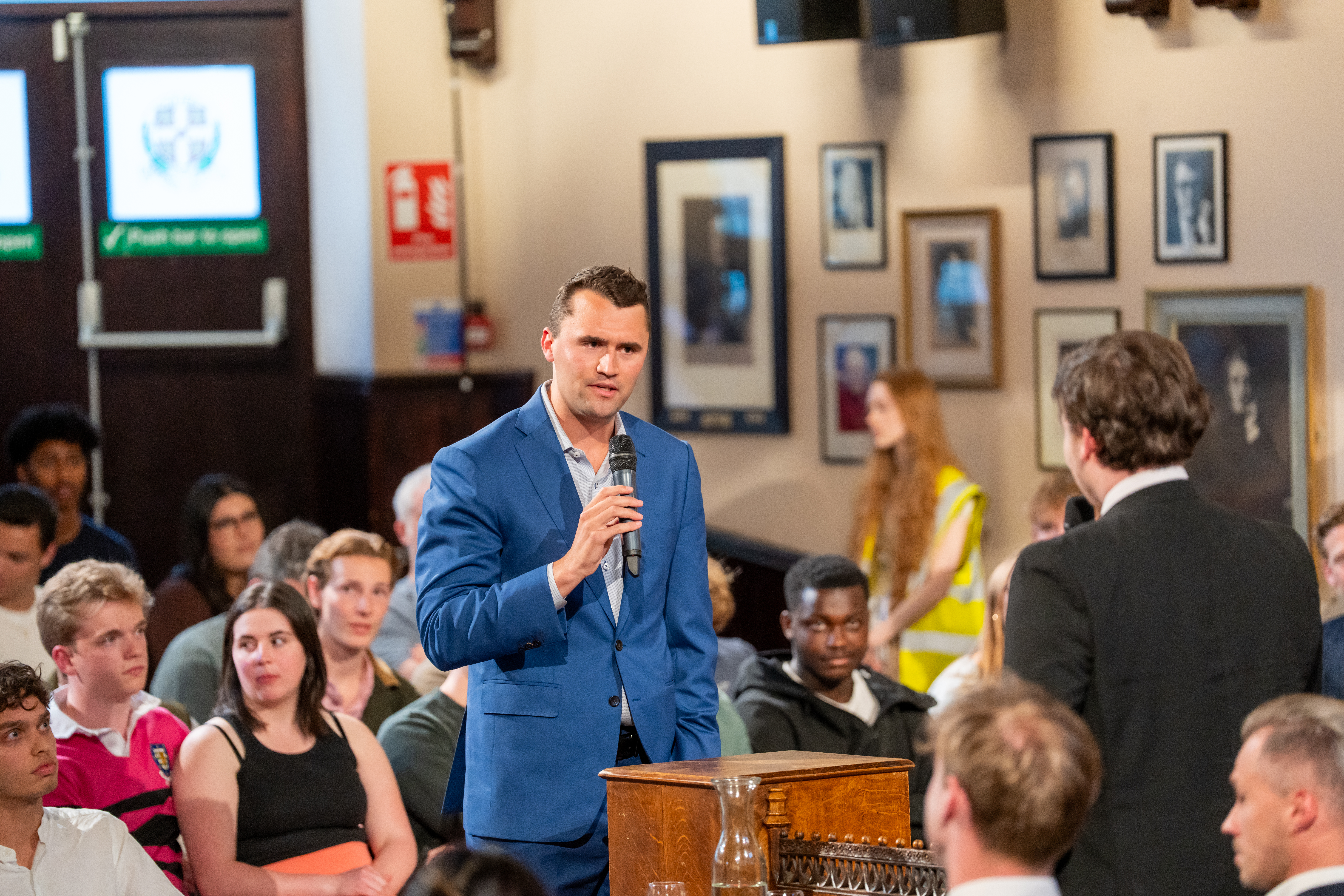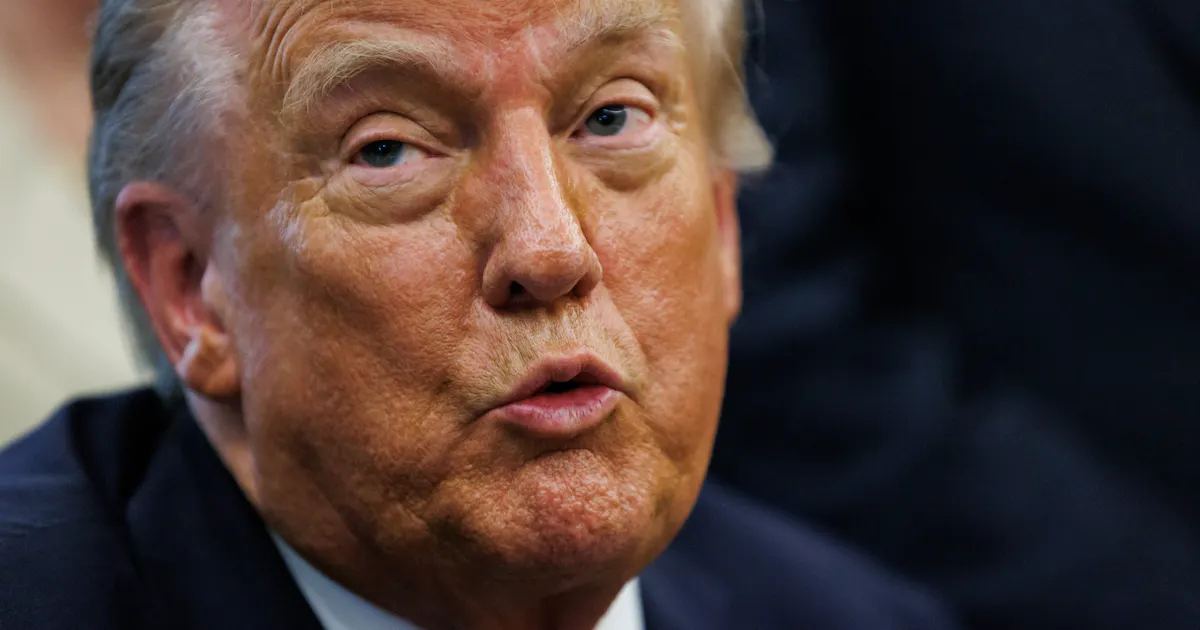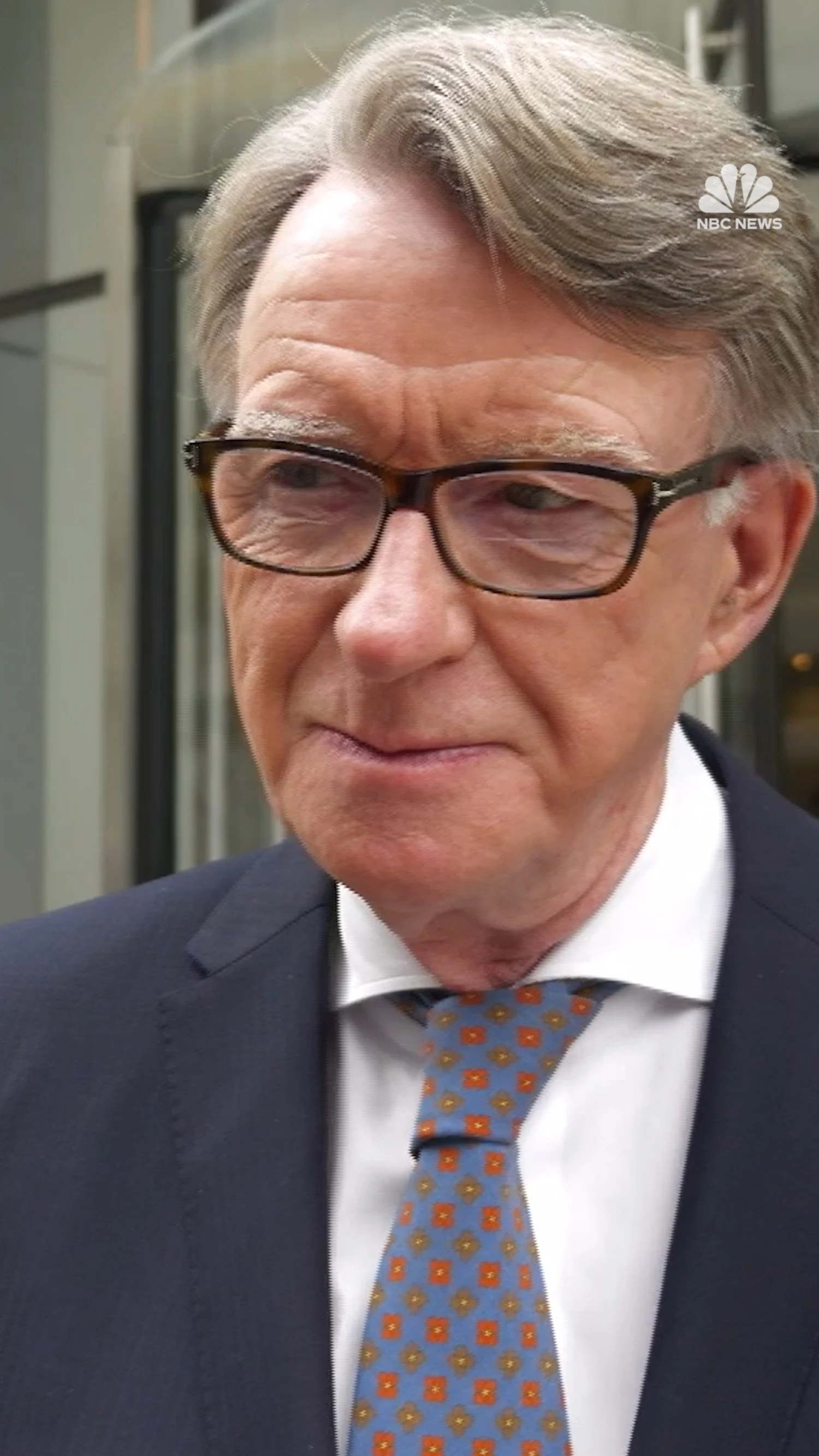By Bernd Debusmann Jr And Mike Wendling
Copyright bbc

Born in a suburb of Chicago in 1993, Kirk got started early in conservative politics, first penning an essay for right-wing Breitbart News at the age of 18, accusing schools of spreading “propaganda” and “indoctrination”.
He caught the eye of Bill Montgomery, a retired businessman and Tea Party activist more than 50 years his senior, who took Kirk under his wing.
In 2012 – around the midpoint of Barack Obama’s presidency – the pair founded Turning Point USA (TPUSA), a group which focused on conservative activism on college campuses, spreading rapidly along with Kirk’s social media following.
The group tapped into online media and spread a slickly packaged style of conservatism to young people. It won him a speaking place, aged 23, at the 2016 Republican National Convention.
At the time, Kirk – who had worked with more conventional Republican candidates in the past – admitted to a Wired magazine that he “was not the world’s biggest Donald Trump fan”.
But from that moment on he quickly became one of Trump’s biggest backers, steadfastly tracking the Maga agenda and disagreeing only on rare occasions.
Suspect in custody – what we know so far
Following Kirk’s death, Jared Kushner – the president’s son in-law – wrote on X that he “played a significant role in helping President Trump’s 2016 campaign, building and fostering the Maga movement”, adding that he told established political organisations that “he comes with big ideas, is easy to work with and always overdelivers.”
Lawrence Muir, a former official in Trump’s first administration, said that Kirk’s influence was key early on in Trump’s first term, and that TPUSA “was the main recruitment vehicle for younger people.”
But perhaps his more far-reaching impact, Mr Muir said, was in giving other conservatives an understanding of social media and how to reach young people.
“What [Kirk] really did was give a launching pad to those who weren’t as interested in becoming bureaucratic functionalities, but were in going out and building winning coalitions,” he said.



